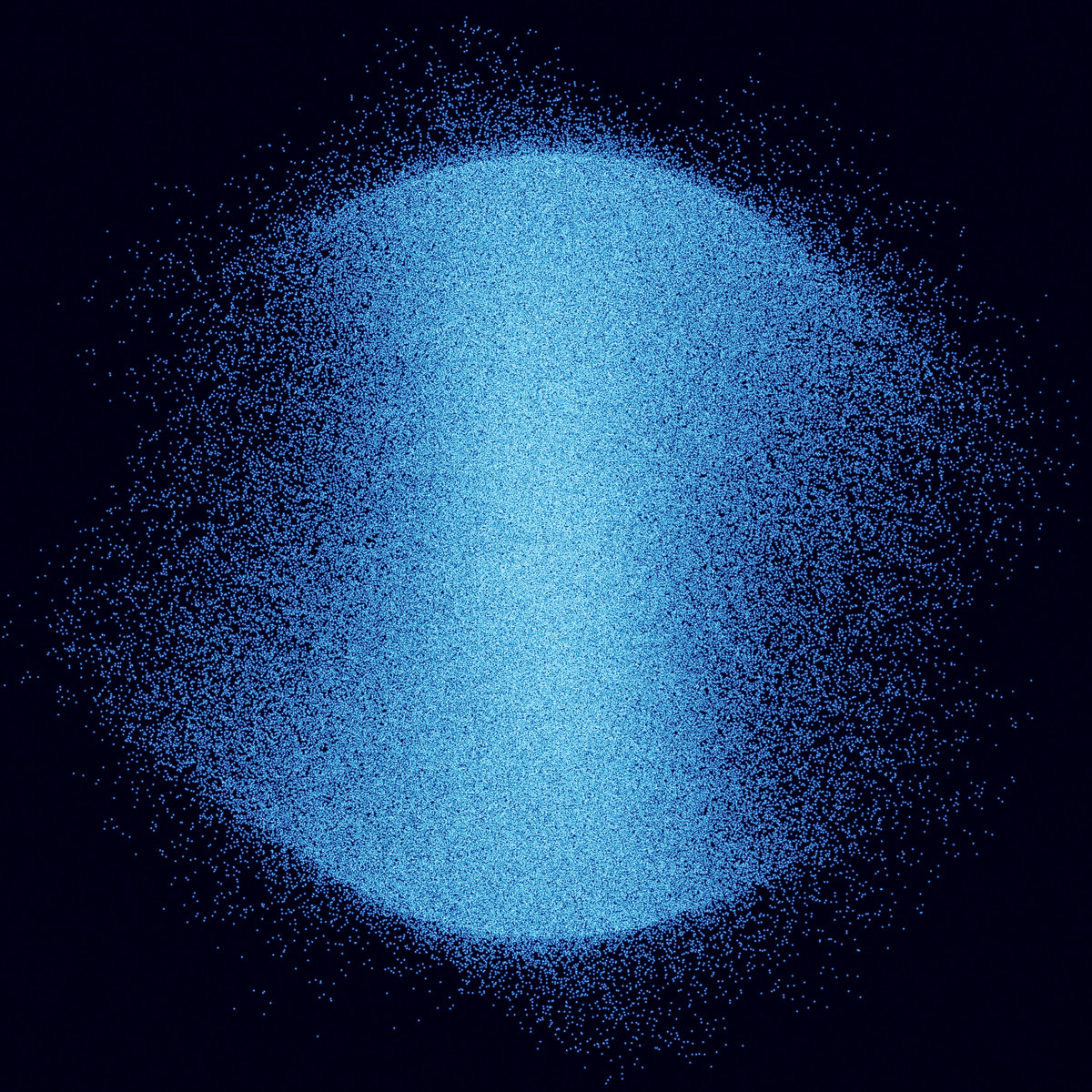The Breakdown
Deafheaven have been around since 2010 and have, since then, made a name for themselves as the world’s biggest black metal/shoegaze crossover band. Over the course of 11 years and four albums, they’ve pissed off genre purists within both the metal and shoegaze scenes. Their fifth album, ‘Infinite Granite’, has been claimed to represent their boldest step forward yet in terms of genre transcendence and stylistic innovation. For the first time, frontman George Clarke sings the songs using (mostly) clean vocals. If ‘New Bermuda’ (2015) was the closest they’ve come to making a straightforward metal album, then ‘Infinite Granite’ is already being touted as the closest they’ve come to making a straightforward shoegaze album. Whilst these murmurings are, on some level, broadly correct, the reality is that this album is a more complex piece of work than casual observers will have been led to expect, and one that retains a fair degree of Deafheaven’s old heaviness.
Opening track ‘Shellstar’ serves as a good example of what is to follow. Clarke’s lead vocals are sung very softly, sounding almost fey in places. Kerry McCoy’s and Shiv Mehra’s guitars are janglier than they’ve sounded at any previous point in Deafheaven’s career during the verses, but then they return to their former multi-tracked, (semi-)metallic glory during the choruses. Of course, all the commentary, particularly from within the metal community, on the dichotomy between the band’s ‘heavy’ and shoegaze aspects ignores the important point that there’s always been a ‘heavy’ element to shoegaze (as anyone who’s ever had their hearing assaulted at a My Bloody Valentine gig can attest), but there you go.
The ‘softer’ tone of these new songs isn’t without its imperfections, however. Whilst songs like ‘In Blur’ offer the listener gorgeous sun-soaked melodies, the vocals on ‘Other Language’, most of closing track ‘Mombasa’, and lead single ‘Great Mass of Color’ can sound contrived when they aim for an anthemic effect. The guitars on the latter song are also so jangly as to sound slightly weak. Still, it improves in the last minute or so when Mehra and McCoy crank the volume up on their amps and Clarke resumes his trademark death growls. The use of synths on ‘Neptune Raining Diamonds’ is also a questionable experiment and one I wouldn’t like to hear Deafheaven repeat. On ‘Lament for Wasps’ and ‘Villain’, McCoy and Mehra repeat the motif they established on ‘Shellstar’ of playing their guitars softly in the verses and heavily in the choruses.
‘The Gnashing’ is by far the standout track on ‘Infinite Granite’. The ambiguous lyrics (possibly about a couple in a long-distance relationship wrestling with the issue of whether or not to ‘go open’) work as an excellent counterpoint to the song’s anthemic choruses, the latter quality being something that the band pull off far more satisfyingly here than at any other point on the album. The song is genuinely catchy and (dare I say it) radio-friendly without being cloying, and McCoy does some astounding, fuzz-drenched guitar work during the lengthy outro. It’s also one of the few Deafheaven songs that manages to feel big and epic whilst also clocking in at well under six minutes. And fans of Clarke’s death growls will be pleased to learn that they make a full-throated return during the barnstorming, metallic, final three minutes of ‘Mombasa’.
To sum up, ‘Infinite Granite’ is a good album, if not a great one. The embrace of clean vocals has mixed results, giving fans some songs that are genuinely rousing and moving (‘The Gnashing’), along with others that feel contrived and lacklustre (‘Great Mass of Color’). For me, the jangly guitars don’t always work as well as perhaps the band intended, but there’s actually way more of the band’s former ‘heaviness’ still present here than much of the pre-release publicity has suggested. The overly soft, clean production job by Wolf Alice (!) producer Justin Meldal-Johnsen limits some of the songs’ impact, but Deafheaven mainstay Jack Shirley’s continuing presence as engineer helps to ensure the material still has a reasonable amount of heft to it. All the brouhaha about the band going ‘full shoegaze’ is arguably blowing matters out of proportion, as the amount of metal in the band’s shoegaze/black metal mix was greatly reduced anyway for the band’s previous album, ‘Ordinary Corrupt Human Love’ (2018).
However, the important thing is that the overall quality of the songwriting on ‘Infinite Granite’ is far superior to that on its predecessor. Quibbles about presentation aside, the band have taken a huge leap forward in terms of the actual brass tacks of their craft with this record, and that’s no mean feat for a band on their fifth LP. It may not win them any new fans, it will doubtless further piss off metal and shoegaze genre purists, and it’s far from Deafheaven’s finest work, but ‘Infinite Granite’ is a hugely enjoyable experiment and one of the best ‘heavy shoegaze’ albums of 2021 so far. It is released via Sargent House on August 20th. Pre-order it here.














No Comment